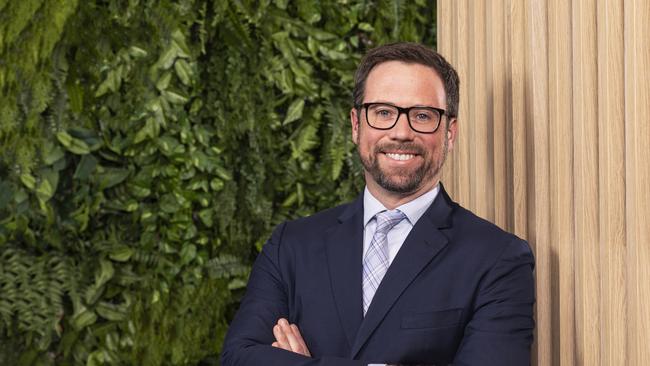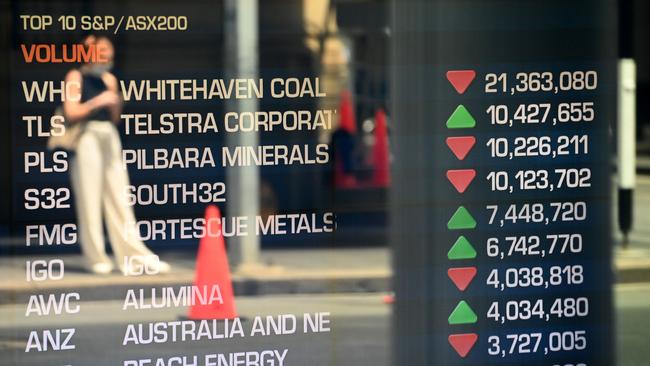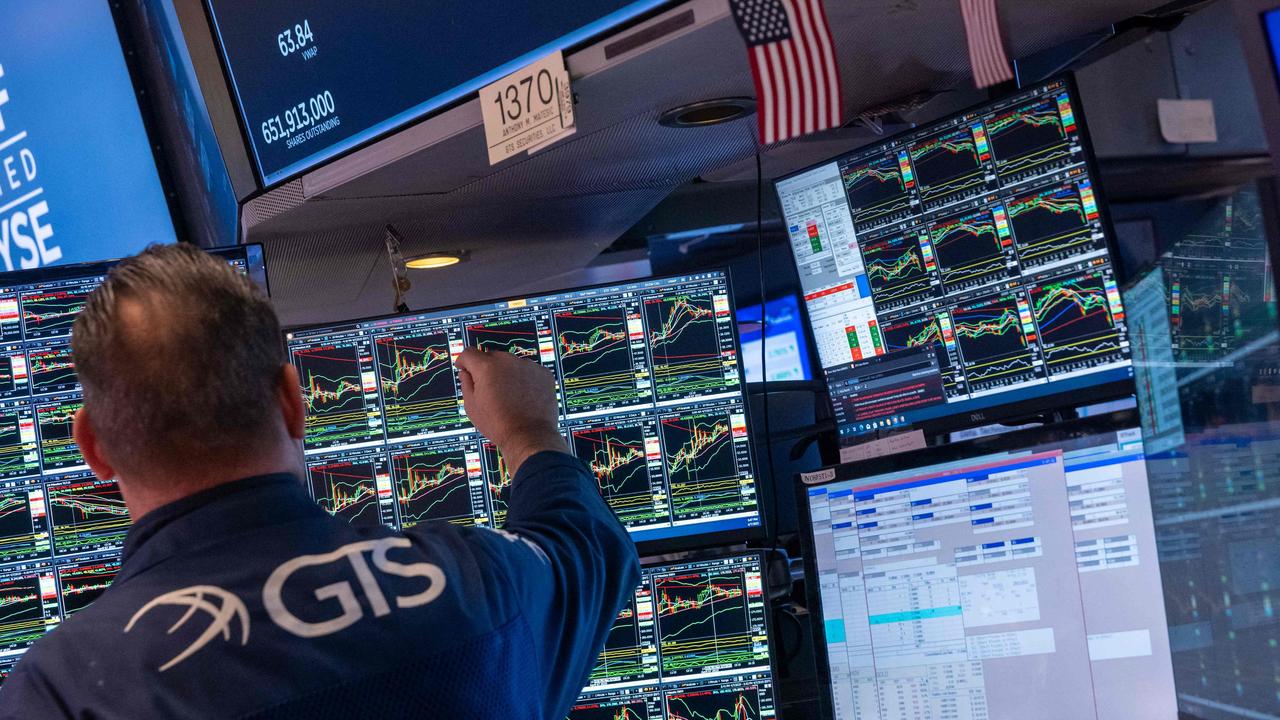Magellan shareholders back significant board fee rise
Shareholders vote in favour of a significant board fee increase at Magellan Financial, despite under performance and fund outflows.

Magellan Financial Group shareholders have approved the fund manager’s bid to significantly increase directors fees in the hope of attracting more talent, despite a poor performance in recent years.
It was a brave call by Magellan chair Hamish McLennan to pitch a rise in the face of years of under performance against the benchmark in its key funds, a halving of funds under management and dramatic drop in the share price of the parent company.
Fund activist Nick Bolton of Keybridge Capital said the move made sense of it helped attract more quality.
“Whilst no one likes paying directors more money, not all directors are created equal and paying more to attract the best brains makes sense,” Mr Bolton said.
Founder of proxy and governance risk firm Ownership Matters Dean Paatsch said he was also favour but added he would prefer to see directors take more equity in the companies they work for.
“We don’t have an endemic problem with overpaying boards, but there is considerable disquiet about the lack of equity investment by some boards,” Mr Paatsch said. “Alignment through equity focuses the mind.”
The vote came after new Magellan chief executive David George and his mostly new investment team gave a slick presentation on the stocks and opportunities they saw in the current market.
“This group of investors has so much passion … they are completely focused on delivering returns,” Mr George told shareholders, adding the investment team had “immense pride” and “determination” in their work.
Magellan shares have slumped 65 per cent over the past 12 months after it made poor bets on US tech stocks, and then its famous founder and investment chief Hamish Douglass departed suddenly under controversial personal circumstances.
Magellan has installed ex-Future Fund deputy chief investment officer Mr George as CEO. Some 10 other staff, including senior portfolio managers and investment-related employees, were made redundant while Craig Wright, who ran Magellan Capital Partners, also left.
Disillusioned Magellan shareholders asked more than half-an-hour of questions at the EGM, including on how current directors added value to the company, questions related performance and comparisons to other boards, when the company’s performance would improve and when the fund outflows will stop.
Mr McLennan told shareholders that he “understands and appreciates” their anger, but said the increase in directors fees was necessary to “take the company from founder led to a more balanced phase of our life.”
Shareholders are right to be asking questions of their boards in any case, according to Mr Paatsch.
“Directors enjoy a very privileged position,” Mr Paatsch said. “They are the highest paid shift workers in the country, so they deserve a bit of scrutiny.”
Still, the anger of in-person attendees was not reflected in the proxy voting, with more than 91.96 per cent of those votes in favour of the increase.
Magellan directors’ fees will now rise from $77,000 per year to $125,000. Mr McLennan would be the biggest beneficiary of the change, with chair fees to rise from $77,000 to $215,000.

Mr McLennan said the move will help Magellan attract new directors with a funds management skill set, with the company hoping to move from four independent non-executive directors, to six.
The Australian understands several people were sounded out to join the board since Magellan’s troubles began, but have declined.
“We were out there with a headhunter not attracting the caliber of director that wanted,” Mr McLennan said recently. “We’ve gone through a long list of interviewed people.”
Magellan is focused on returning FUM to $100bn over the next five years, and Mr McLennan has talked up the company’s desire to grow through acquisitions.
There’s been a flurry of takeover activity in the funds management space this year, with Perpetual making an agreed $2.7bn takeover offer for Pendal before itself becoming the target of a takeover approach from private equity giant EQT with Regal Partners.
However, the Perpetual takeover looks likely to proceed, with Pendal shareholders voting on the move next Friday.
Fund managers are looking to merge to stem the rising cost that come with a loss of scale from outflows, seen across the globe as a result of economic instability, and as more people move into lower fee exchange traded funds.
When defending Magellan’s outflows, Mr McLennan pointed to Mr Douglass’s shock exit, first through medical leave and then for good, as a root cause of the problems.
“A lot of the outflows were caused by the instability of Hamish’s departure,” he told shareholders.
Adding to the company’s woes has been the late-off-the-mark downgrades by ratings companies, which are used by investment advisers to allocate funds.
Morningstar last month downgraded a suite of Magellan’s funds following the exit of Mr Douglass’s co-founder Chris Mackay and key members of the investment team, which it warned could have a detrimental impact on performance.
Magellan shares closed at $9.27 on Wednesday, a rise of 0.54 per cent in a higher market.




To join the conversation, please log in. Don't have an account? Register
Join the conversation, you are commenting as Logout